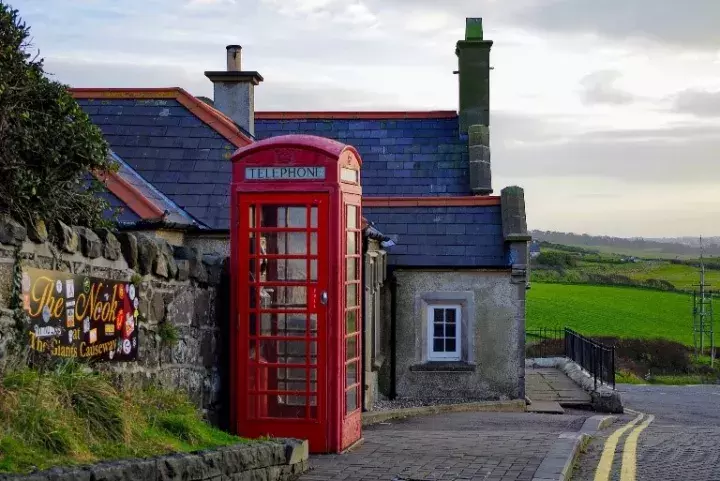
On May 1, the EU Council approved a trade agreement on relations with Britain after Brexit, as well as an agreement on cooperation and information security, which was the final step in the ratification of the agreement by the European Union.
Great Britain left the European Union, and on January 1 of this year, a transitional period ended, during which practically everything in relations between the country and the union remained the same. This also applied to trade: the parties did not apply duties and quotas to each other's goods, since the rules of the EU single market continued to apply to Britain.
The current agreement on trade and cooperation was reached at the very end of December 2020 after difficult and lengthy negotiations, just a few days before the key date for the end of the transit period. Without this agreement, the economic relations of the parties would abruptly move into a new phase, which would entail a lot of tangible problems.
In accordance with the terms of the new agreement, Britain left the single market and the EU customs union, however, the parties will continue free trade without duties and quotas. In addition, the agreement covers areas such as energy, climate change, and fishing.
The agreement also provides for cooperation between the EU and the UK in science, innovation, and nuclear safety.
According to Eurostat, in January-February of this year, the EU's exports to Britain fell on an annualized basis by about 20%, and imports - by 47%. At the same time, Great Britain is one of the three largest trade partners of the union, along with China and the United States.




